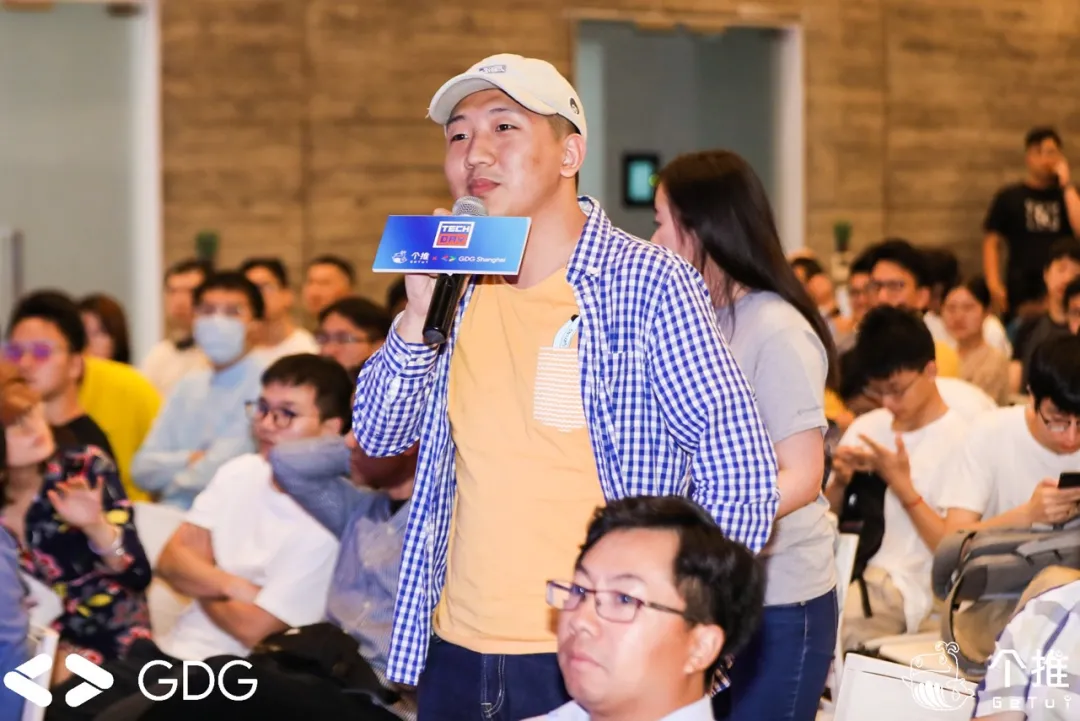The Stable channel is being updated to 96.0.4664.111 (Platform version: 14268.67.0) for most Chrome OS devices.
Daniel Gagnon,
Google Chrome OS
The Stable channel is being updated to 96.0.4664.111 (Platform version: 14268.67.0) for most Chrome OS devices.
Google Chrome OS
We are changing the way ad group simulations with SimulationModificationMethod = DEFAULT are calculated in the Google Ads API and the AdWords API.
For an ad group with keyword bid overrides, we provide estimated traffic for different values of the ad group’s default bid. Currently, all keywords with bid overrides are excluded from this estimate. This results in a lower-than-expected traffic estimate.
Starting the week of January 17, 2022, we will modify our estimation to include both keywords using the default bid and keywords with bid overrides when calculating ad group simulations. We will further assume that only the ad group default bid would change in the simulation, and all keyword bid overrides will remain the same. This may affect the simulations returned by the GetAdGroupSimulation method of the AdGroupSimulationService service in the Google Ads API and the getAdGroupBidLandscape and queryAdGroupBidLandscape methods of the DataService service in the AdWords API.
If you use this feature, we recommend that you ensure that your code continues to work with the modified results returned by these methods.
If you have any questions, please contact us via the Google Ads API forum.
Reminder: Share your feedback about the Google Ads (AdWords) API. Take the 2021 AdWords API and Google Ads API Annual Survey.
We are changing the way ad group simulations with SimulationModificationMethod = DEFAULT are calculated in the Google Ads API and the AdWords API.
For an ad group with keyword bid overrides, we provide estimated traffic for different values of the ad group’s default bid. Currently, all keywords with bid overrides are excluded from this estimate. This results in a lower-than-expected traffic estimate.
Starting the week of January 17, 2022, we will modify our estimation to include both keywords using the default bid and keywords with bid overrides when calculating ad group simulations. We will further assume that only the ad group default bid would change in the simulation, and all keyword bid overrides will remain the same. This may affect the simulations returned by the GetAdGroupSimulation method of the AdGroupSimulationService service in the Google Ads API and the getAdGroupBidLandscape and queryAdGroupBidLandscape methods of the DataService service in the AdWords API.
If you use this feature, we recommend that you ensure that your code continues to work with the modified results returned by these methods.
If you have any questions, please contact us via the Google Ads API forum.
Reminder: Share your feedback about the Google Ads (AdWords) API. Take the 2021 AdWords API and Google Ads API Annual Survey.
Posted by Alicja Heisig, Developer Relations Program Manager
Welcome to #IamaGDE - a series of spotlights presenting Google Developer Experts (GDEs) from across the globe. Discover their stories, passions, and highlights of their community work.
Gaston Saillen started coding for fun, making apps for his friends. About seven years ago, he began working full-time as an Android developer for startups. He built a bunch of apps—and then someone gave him an idea for an app that has had a broad social impact in his local community. Now, he is a senior Android developer at Distillery.
After seven years of building apps for startups, Gaston visited a local food delivery truck to pick up dinner, and the server asked him, “Why don’t you do a food delivery app for the town, since you are an Android developer? We don’t have any food delivery apps here, but in the big city, there are tons of them.”
The food truck proprietor added that he was new in town and needed a tool to boost his sales. Gaston was up for the challenge and created a straightforward delivery app for local Cordoba restaurants he named Uh-Lala! Restaurants configure the app themselves, and there’s no app fee. “My plan was to deliver this service to this community and start making some progress on the technology that they use for delivery,” says Gaston. “And after that, a lot of other food delivery services started using the app.”
The base app is built similarly to food delivery apps for bigger companies. Gaston built it for Cordoba restaurants first, after several months of development, and it’s still the only food delivery app in town. When he released the app, it immediately got traction, with people placing orders. His friends joined, and the app expanded. “I’ve made a lot of apps as an Android engineer, but this is the first time I’ve made one that had such an impact on my community.”
He had to figure out how to deliver real-time notifications that food was ready for delivery. “That was a little tough at first, but then I got to know more about all the backend functions and everything, and that opened up a lot of new features.”
He also had to educate two groups of users: Restaurant owners need to know how to input their data into the app, and customers had to change their habit of using their phones for calls instead of apps.
Gaston says seeing people using the app is rewarding because he feels like he’s helping his community. “All of a sudden, nearby towns started using Uh-LaLa!, and I didn't expect it to grow that big, and it helped those communities.”
During the COVID-19 pandemic, many restaurants struggled to maintain their sales numbers. A local pub owner ran a promotion through Instagram to use the Uh-Lala! App for ten percent off, and their sales returned to pre-COVID levels. “That is a success story. They were really happy about the app.”
Gaston has been a GDE for seven years. When he was working on his last startup, he found himself regularly answering questions about Android development and Firebase on StackOverflow and creating developer content in the form of blog posts and YouTube videos. When he learned about the GDE program, it seemed like a perfect way to continue to contribute his Android development knowledge to an even broader developer community. Once he was selected, he continued writing blog posts and making videos—and now, they reach a broader audience.
“I created a course on Udemy that I keep updated, and I’m still writing the blog posts,” he says. “We also started the GDG here in Cordoba, and we try to have a new talk every month.”
Gaston enjoys the GDE community and sharing his ideas about Firebase and Android with other developers. He and several fellow Firebase developers started a WhatsApp group to chat about Firebase. “I enjoy being a Google Developer Expert because I can meet members of the community that do the same things that I do. It’s a really nice way to keep improving my skills and meet other people who also contribute and make videos and blogs about what I love: Android.”
The Android platform provides developers with state-of-the art tools to build apps for user. Firebase allows developers to accelerate and scale app development without managing infrastructure; release apps and monitor their performance and stability; and boost engagement with analytics, A/B testing, and messaging campaigns.
Gaston looks forward to developing Uh-La-La further and building more apps, like a coworking space reservation app that would show users the hours and locations of nearby coworking spaces and allow them to reserve a space at a certain time. He is also busy as an Android developer with Distillery.
“Keep moving forward. Any adversity that you will be having in your career will be part of your learning, so the more that you find problems and solve them, the more that you will learn and progress in your career.”
Learn more about the Experts Program → developers.google.com/community/experts
Watch more on YouTube → https://goo.gle/GDE
Follow us on Twitter and LinkedIn
Posted by Brian Shen, Regional Lead for Mainland China Developer Communities
Every developer’s path to pursuing a career in tech can be traced back to a single moment. Such is the case for Ning Zhang, a developer from China, who found his early interest in web development as a high schooler at the age of fifteen. Ning built his first website for his English class to help his classmates succeed with their studies. He didn’t realize it at the time, but he was only just getting started. Throughout high school, he played with Google Webmaster Tools (now Google Search Console) and Google Adsense to create and manage numerous other websites for fun. Like so many aspiring developers before him, Ning knew he’d found his passion, but the path ahead remained unclear.
To grow his skills further and turn his hobby into a viable career path, Ning majored in data science at university in Qingdao. Here, he participated in data-modeling competitions like Kaggle Days, and other events that gave him more exposure to the tech community and allowed him to learn from his peers. It’s also where he first heard about Google Developer Groups (GDGs) and their many opportunities for learning, networking and collaboration.
It was perfect timing too. After graduation Ning got a job with a financial services firm in Shanghai, home to a very active GDG. He jumped at the chance to engage in activities and workshops to further his abilities and knowledge, especially in data science, which constitutes a significant part of his work responsibilities.

While Ning enjoys the formal learning opportunities the GDG offers, he finds the sense of community and support—the opportunity to learn from others and share his expertise as well – even more valuable.
“Everyone has different hands-on experience and expertise in different companies,” Ning explains. “GDG provides an environment where people can share their experience and listen to each other.”
The combination of community, developer success, and social impact has made a huge impression on him both personally and professionally. The international nature of GDGs also provides an expanded perspective and different ways of thinking about problems and solutions. “GDG really gave me a lot of new and fresh information and opened our eyes to more global approaches,” says Ning.

Group photo of GDG Shanghai Activity Center
As the importance of technology continues to grow, the GDG community can play an even greater role by helping people learn valuable tech skills, supporting the dissemination of knowledge, and spurring innovation. Offerings that focus on sharing knowledge and other events can assist members in achieving their career goals as they have done for Ning. “I hope every member of GDG will experience the good atmosphere of the group in the future so that their value can be magnified,” says Zhang.
Join the community: Learn how you can find a GDG chapter near you.
Our KC team celebrating the 2020 Super Bowl



The Dev channel is being updated to 98.0.4744.14 (Platform version: 14388.8.0) for most Chrome OS devices.
Hi, everyone! We've just released Chrome 96 (96.0.4664.116) for iOS: it'll become available on App Store in the next few hours.
This release includes stability and performance improvements. You can see a full list of the changes in the Git log. If you find a new issue, please let us know by filing a bug.
Harry Souders
Hi, everyone! We've just released Chrome 96 (96.0.4664.116) for iOS: it'll become available on App Store in the next few hours.
This release includes stability and performance improvements. You can see a full list of the changes in the Git log. If you find a new issue, please let us know by filing a bug.
Harry Souders